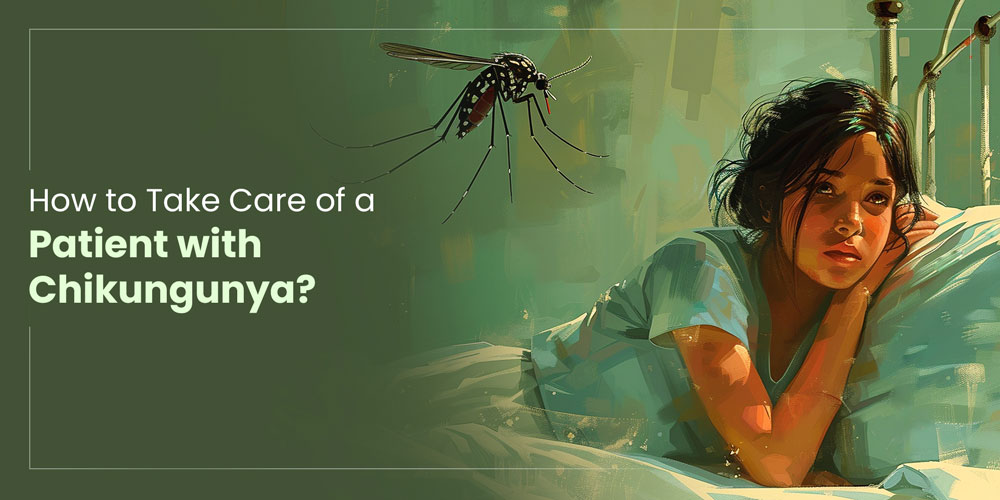Chikungunya is a viral disease transmitted to humans by infected mosquitoes, mainly the Aedes aegypti and Aedes albopictus species. While rarely fatal, it can cause severe joint pain, fever, rash, and fatigue, significantly impacting the quality of life. Caring for a chikungunya patient involves both symptom management and support for recovery.
1. Rest and Hydration
Rest is critical for recovery from chikungunya, as the virus can cause debilitating fatigue. Encourage the patient to avoid strenuous activity and ensure they get plenty of rest. Dehydration is also a common issue due to fever and sweating, so keeping the patient well-hydrated with water, oral rehydration solutions, or electrolyte-rich fluids is essential
2. Pain Management
Joint pain is one of the most distressing symptoms of chikungunya. Non-steroidal anti-inflammatory drugs (NSAIDs) can help manage pain and reduce fever. Avoid aspirin, as it can increase the risk of bleeding in some patients.
3. Use Cold Compresses
Cold compresses can be applied to painful joints and swollen areas to provide temporary relief from pain and inflammation. This method is a simple but effective way to soothe discomfort.
4. Prevent Mosquito Bites
Chikungunya is spread by mosquitoes, so protecting the patient from further bites is crucial to avoid reinfection or spreading the virus to others. Use mosquito nets, insect repellents containing DEET, and cover the patient with clothing that reduces skin exposure.
5. Improve Nutrition
A well-balanced diet can support recovery. Encourage the patient to consume fruits, vegetables, lean proteins, and other nutritious foods. Avoid heavy, greasy foods that may be harder to digest. Vitamin C-rich foods, in particular, can help boost the immune system.
6. Monitor Symptoms and Seek Medical Attention
Although chikungunya typically resolves within a week, severe cases can lead to complications like persistent joint pain, which may last months. Monitor the patient’s condition closely and consult a healthcare professional if symptoms worsen or new issues arise.
FAQs on Chikungunya
1. How long does chikungunya last?
While fever and other symptoms often subside within a week, joint pain can persist for months.
2. Can chikungunya be treated with antivirals?
No specific antiviral treatment exists for chikungunya. Care focuses on symptom relief and supportive therapy.
3. Is chikungunya contagious?
Chikungunya cannot be spread directly between people. It is transmitted through mosquito bites.
By providing the right care and managing symptoms effectively, you can help the patient recover from chikungunya and reduce the impact of the virus on their daily life.

